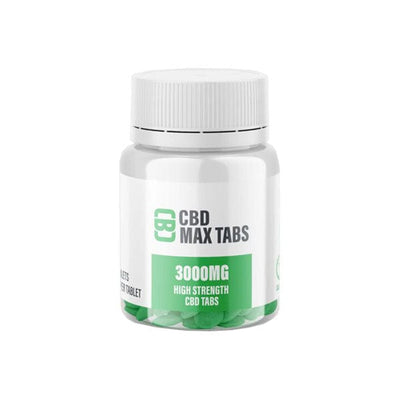CBD and cancer: its potential as a complementary therapy for cancer patients
Cancer is a complex disease that affects millions of people worldwide. While conventional cancer treatments such as chemotherapy and radiation therapy have improved over the years, they can cause significant side effects that impact patients' quality of life. Emerging research suggests that CBD, or cannabidiol, may have potential as a complementary therapy for cancer patients. In this blog, we will explore the potential of CBD in cancer treatment.
What is CBD?
CBD is a non-psychoactive compound found in the cannabis plant that has been shown to have potential therapeutic benefits. Unlike THC, the psychoactive compound in cannabis that produces a "high," CBD does not produce any intoxicating effects. CBD has been shown to have anti-inflammatory, analgesic, and anxiolytic effects, among others.
CBD and Cancer
There is growing evidence to suggest that CBD may have potential in cancer treatment. Preclinical studies have shown that CBD may inhibit the growth and spread of cancer cells in various types of cancer, including breast, lung, prostate, and colon cancer. CBD has also been shown to enhance the effects of chemotherapy and radiation therapy, while reducing the side effects of these treatments.
CBD has been shown to have potential in managing cancer-related symptoms, such as pain, nausea, and vomiting. A study published in the Journal of Pain and Symptom Management found that cancer patients who used CBD experienced significant reductions in pain and anxiety. Another study published in the Journal of Clinical Oncology found that CBD reduced nausea and vomiting in patients undergoing chemotherapy.
How Does CBD Work?
The exact mechanisms by which CBD may help to manage cancer are not yet fully understood. However, it is thought that CBD may act on several different pathways involved in cancer, such as the endocannabinoid system, which is involved in regulating inflammation and immune function. CBD may also have anti-angiogenic effects, which means it may inhibit the formation of new blood vessels that are necessary for tumor growth.
Conclusion
While research on the use of CBD in cancer treatment is still in its early stages, there is growing evidence to suggest that it may have potential as a complementary therapy for cancer patients. CBD may inhibit the growth and spread of cancer cells, enhance the effects of chemotherapy and radiation therapy, and reduce the side effects of these treatments. CBD may also help to manage cancer-related symptoms, such as pain, nausea, and vomiting. If you or someone you know is undergoing cancer treatment, it is important to talk to your healthcare provider about the potential benefits and risks of using CBD as a complementary therapy.





Leave a comment